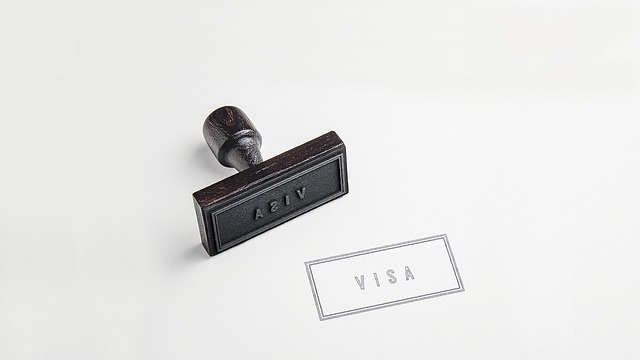Register Your Business in Europe Easily
Embarking on a business venture in Europe can be an exciting yet daunting prospect. The process of registering your business is a crucial step that requires careful planning and execution. This article will guide you through the essential aspects of business registration in Europe, making the process more accessible and manageable for entrepreneurs from around the world.

What are the key steps to register a business in Europe?
The process of registering a business in Europe typically involves several key steps. First, you’ll need to choose the country where you want to establish your business. Each European country has its own set of rules and regulations, so it’s essential to research the specific requirements of your chosen location. Next, you’ll need to decide on your business structure, such as a sole proprietorship, partnership, or limited liability company. Once you’ve made these decisions, you’ll need to gather the necessary documents, which may include proof of identity, proof of address, and a business plan. Finally, you’ll submit your application to the relevant authorities and pay any required fees.
How does online application and document submission work?
Many European countries have modernized their business registration processes, allowing for online application and document submission. This digital approach streamlines the process, making it more convenient for entrepreneurs, especially those based outside of Europe. Typically, you’ll need to create an account on the official government portal for business registration in your chosen country. From there, you can fill out the necessary forms, upload required documents, and pay fees online. This system not only saves time but also reduces the likelihood of errors in paperwork.
What support is available for various business types?
European countries recognize the importance of attracting diverse businesses and offer support for various business types. Whether you’re starting a tech startup, a retail business, or a consulting firm, you can find guidance tailored to your specific needs. Many countries provide specialized support services, including business incubators, accelerators, and mentorship programs. These resources can be invaluable in navigating the registration process and beyond, offering insights into local markets, networking opportunities, and even potential funding sources.
Are there any specific requirements for non-EU entrepreneurs?
Non-EU entrepreneurs face additional considerations when registering a business in Europe. While the European Union encourages foreign investment, there are certain requirements to be aware of. Depending on the country, you may need to obtain a residency permit or a specific type of visa to operate your business. Some countries may also require you to have a local representative or partner. It’s crucial to research these requirements thoroughly and consider seeking legal advice to ensure compliance with all regulations.
What are some unique insights about business registration in Europe?
One interesting aspect of business registration in Europe is the concept of the European Company (Societas Europaea or SE). This is a type of public limited-liability company that allows businesses to operate across EU member states under a single set of rules. While not suitable for all businesses, it can be an attractive option for larger companies looking to simplify their operations across multiple European countries. Additionally, some European countries offer special incentives for certain types of businesses, such as those in the tech or green energy sectors, which can include expedited registration processes or tax benefits.
How do registration costs and timelines vary across European countries?
The costs and timelines for business registration can vary significantly across European countries. Let’s take a look at a comparison of some popular destinations for business registration:
| Country | Average Registration Time | Estimated Cost (EUR) | Key Features |
|---|---|---|---|
| Estonia | 1-3 days | 190-220 | E-Residency program, fully digital process |
| Germany | 1-2 weeks | 300-1000 | Strong economy, various business structures |
| Ireland | 5-10 days | 50-100 | Low corporate tax rate, English-speaking |
| Netherlands | 1-3 days | 50-400 | International business-friendly, strategic location |
| Portugal | 1-5 days | 360-400 | Golden Visa program, attractive for non-EU citizens |
Prices, rates, or cost estimates mentioned in this article are based on the latest available information but may change over time. Independent research is advised before making financial decisions.
The registration process in Estonia, for example, is known for its speed and digital-first approach, making it particularly attractive for tech startups and digital nomads. On the other hand, Germany’s process may take longer but offers access to Europe’s largest economy. Ireland’s low corporate tax rate makes it appealing for many international businesses, while the Netherlands is known for its strategic location and international business-friendly environment. Portugal’s Golden Visa program can be particularly attractive for non-EU citizens looking to gain residency through business investment.
In conclusion, registering a business in Europe offers numerous opportunities for entrepreneurs worldwide. While the process can seem complex, with the right guidance and support, it can be navigated successfully. By leveraging online application systems, taking advantage of support services for various business types, and understanding the specific requirements of your chosen country, you can establish your business in Europe with confidence. Remember to thoroughly research your options, consider seeking professional advice, and stay informed about any changes in regulations to ensure a smooth registration process.






